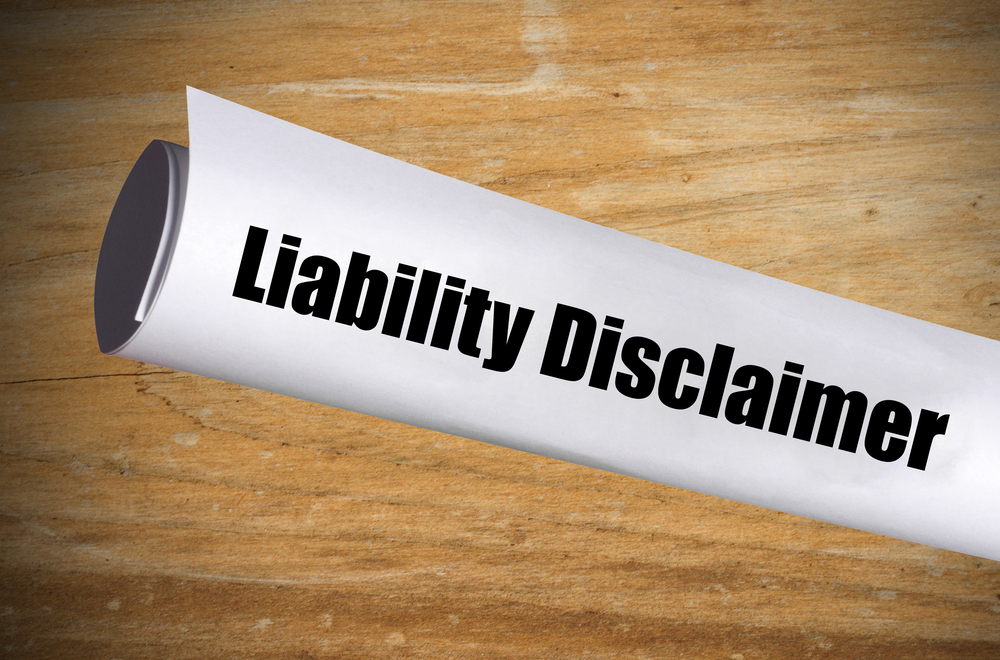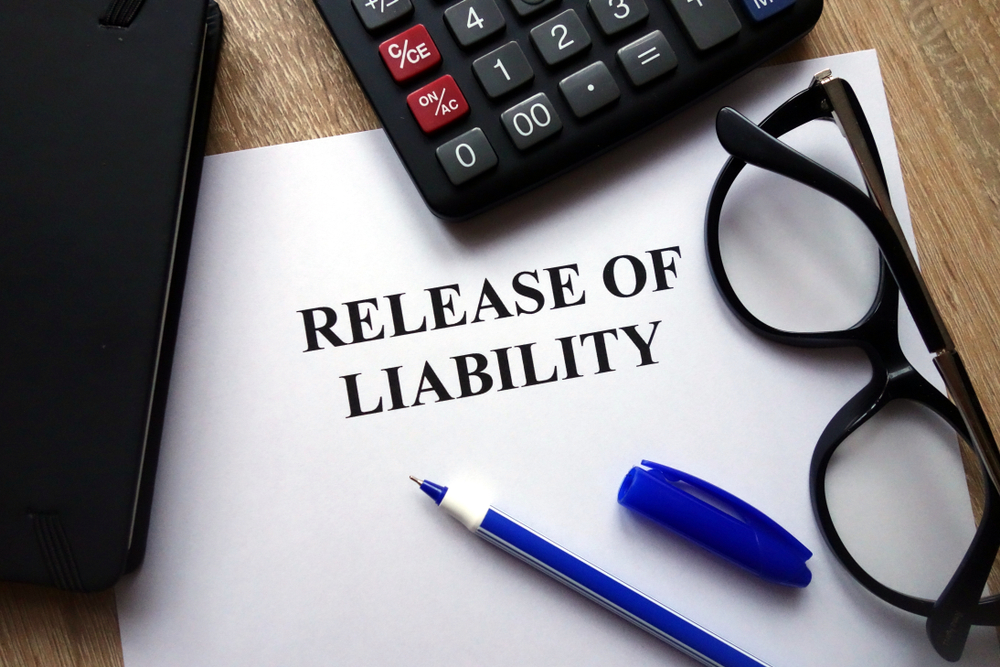Contractually Disclaiming a Fraud Claim (Possible, but not Easy to do)
Can a party contractually foreclose or disclaim liability to a fraud claim? The answer, shown below, is yes but this is rarely done and I have personally never seen it done. In order to “make [a] contract incontestable because of fraud,” the parties must “stipulate that the [contract] may not be rescinded for fraud.” Oceanic Villas, Inc. v. Godson, 4 So. 2d 689, 691 (Fla. 1941). To do so, the contract must do more than merely agree “that no fraud had been committed” -- i.e., disclaim the making of fraudulent statements upon which the other party has relied -- but must rather...
Continue reading










